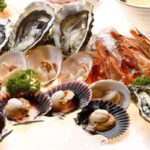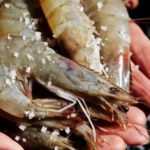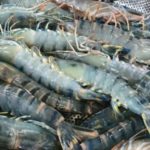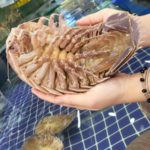Below are 5 dishes that have been passed down as ones to avoid eating on New Year’s Day, the beginning of the month, especially during the Lunar New Year, to avoid bringing bad luck for the whole year:
1. Shrimp
According to the beliefs of people in the South, one should avoid eating shrimp on the first day of the new year. The reason is that shrimp have big heads, and inside their heads, there is waste. They usually move in the opposite direction, going backward.
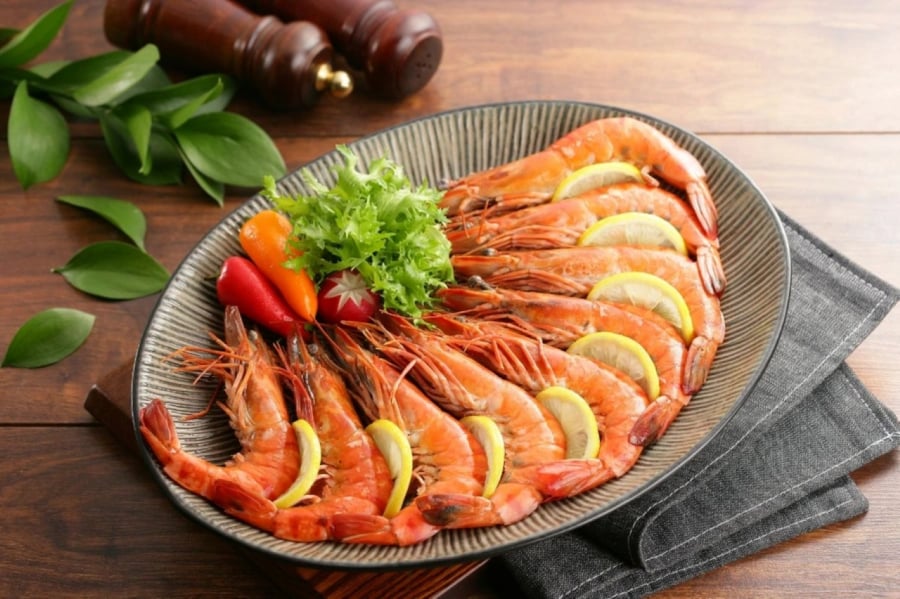
Therefore, many people believe that if you eat shrimp on the first day of the new year, your work for the whole year will not be smooth, and it will be difficult to achieve success.
Therefore, if you are in business, you should avoid eating shrimp on Tet to welcome the new year smoothly and have more luck.
2. Duck meat
Duck meat is a favorite dish for many people with its delicious flavor and rich nutrients that help nourish the blood and enhance health, suitable for recovering the body for those who are weak.
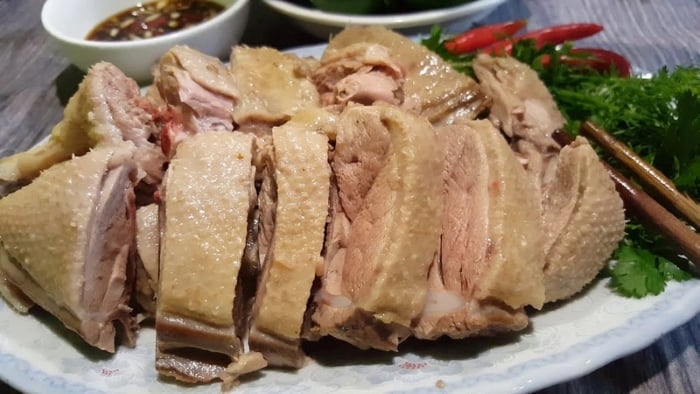
However, according to the beliefs of people in the Central and Northern regions, eating duck meat can bring bad luck. But you should only eat duck meat at the end of the month. If you eat duck meat on the first day of the year, it means you are bringing bad luck to yourself.
Therefore, if you want a smooth year, during the remaining days of the month, you should avoid eating duck meat. You can replace duck meat with chicken, which is both delicious and brings good luck and fortune to your home on the first day of the new year.
3. Dog meat
According to ancient beliefs, dogs are animals that live in servitude, tolerate hardships, and symbolize misfortune and bad luck. Therefore, on the first day of the month, families often abstain from eating dog meat to avoid bad luck throughout the year.
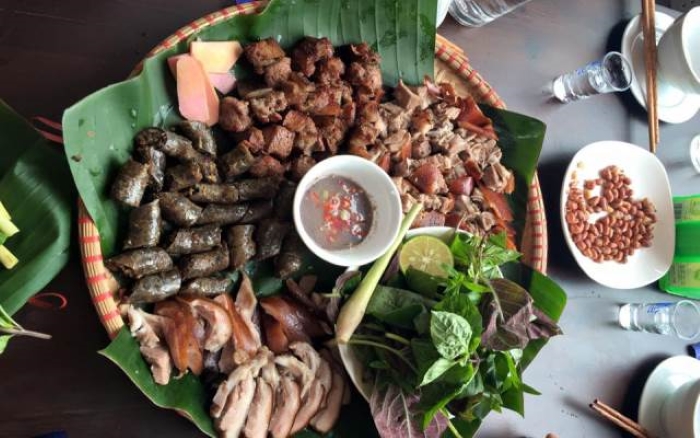
Moreover, nowadays, dogs have become pets for many families, so gradually this dish is also eliminated.
4. Snakehead fish
In the Central and Northern regions, many people avoid eating snakehead fish on the first day of the new year. The reason is that the word “mè” in “cá mè” (snakehead fish) sounds like “mè nheo,” which means the whole year will not be smooth.
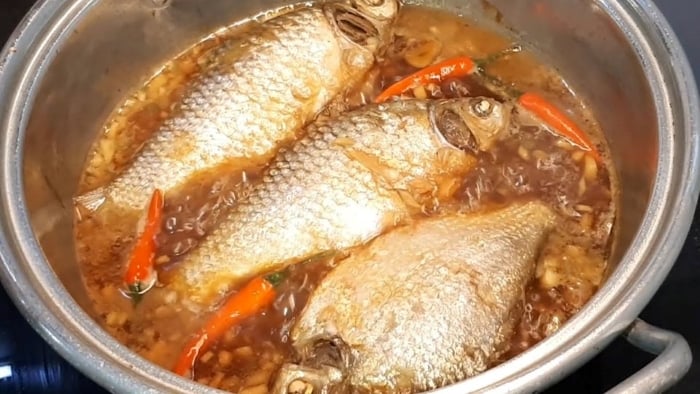
Furthermore, snakehead fish has a fishy smell and many bones, symbolizing misfortune, obstacles, and disadvantages in life. Therefore, this is one of the types of fish that should not be eaten in the new year.
5. Balut
Balut is a food with a distinctive odor, symbolizing bad luck and misfortune. If encountering bad luck, people have a habit of eating balut to reverse the bad luck, believing that this dish can turn bad luck into good luck.
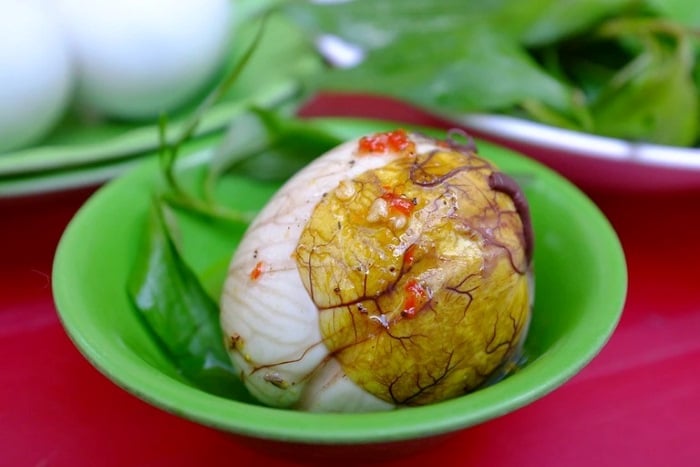
Usually, people eat an odd number of balut eggs, such as 1, 3, 5, because eating one egg can reverse bad luck, but if you eat the second one, good luck will be reversed again. After eating the eggs, it is recommended to crush or squeeze the eggshells to get rid of the bad luck completely.
According to our ancestors’ beliefs, you should avoid eating balut at the beginning of the new year because you cannot predict whether you are inviting misfortune or luck.
How to Choose Fresh Seafood: Important Cabinet Tips
In recent years, concerns have been raised over the practice of injecting urea and chemicals into seafood, making it difficult to find safe and fresh options. To help, DienmayXANH.com offers some tips on how to select the best seafood available. Seafood is a rich, delicious, and nutritious source of food, and this advice will help ensure you make the most of it.
Revealing the Detailed Structure of the Shrimp Body: How Many Parts Does it Have?
Do you know how many distinct components make up the body of a shrimp? Curious to learn more? Let’s explore the structure of this delicious and nutritious seafood option together.
























